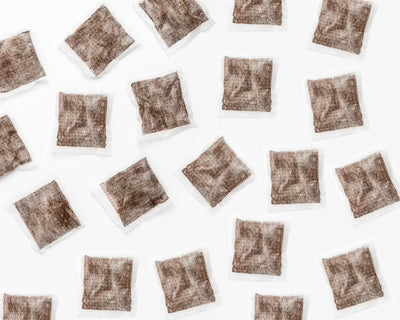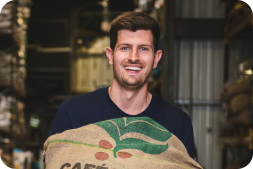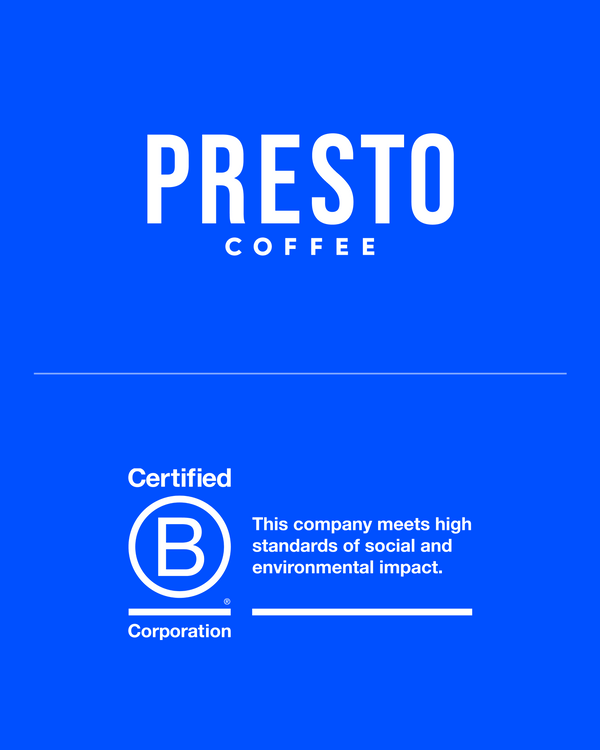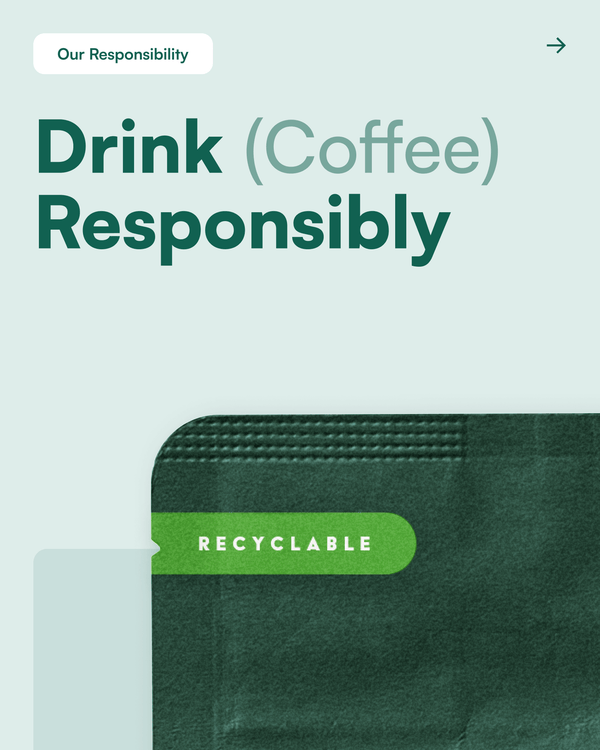We are all incredibly excited here at Presto about our recent ascension to B Corp status! Something we have been working towards for a long time and has been core to our values and purpose from the start.
Our bubble burst slightly, however, when we then found out that about 80% of our customers had no idea what this meant, or why it mattered.
So, we wanted to remedy that and let you know exactly why we are so thrilled to have been awarded our B Corp certification, and why you should be too.
Let’s dive in…
What exactly is B Corp Certification?
There are a number of different meanings people attribute to the “B” in B corp. Its original derivation was a “benefit corporation”, which is a form of US corporate structure. Some like to think of the “B” as standing for better, encouraging companies to ‘be the change you wish to see in the world’.
So, what makes them better, or to reach those goals?
Well, B Corp companies are not only driven by profits but are equally driven by the betterment of the world around them. Environmentally and ethically driven for both customers and employees, locally and globally.
You can think of B Corp as being the equivalent of Fairtrade for companies.
Each company is assessed (in great detail we might add!) and verified to meet the highest possible standards of both social and environmental performance, as well as transparency and accountability across the company's operations.
Everything is examined, from your office operations, supply chains, partners, employee wellbeing, customer satisfaction, where and how you spend your money, what you give back, the list goes on.
When did it start?
B Corp was started in 2006 in the US by three friends who all left their careers in business and private equity to do something a bit different – set up an organisation that would make it easier for companies that were mission-driven to build and improve their positive impact on the world.
In 2007 the first 82 B Corps were certified!
There are now well over 3500 B Corps in over 70 countries around the world.
How many companies are a B Corp in the UK?
The number of companies becoming a B Corp has been growing year on year since the certifications started in the UK in 2015.
There are now over 500 companies that have been awarded the B Corp certificate in the UK, with the number rising month by month. Even the Queen’s bank, Coutts has gone all B Corp!
There are major international companies that are now B Corp too, which may surprise you – companies like Ben & Jerry’s, Unilever, Proctor & Gamble, Patagonia, Etsy (and many many more all over the world!).
Suffice to say, there is a growing trend towards becoming a B Corp.
How do you become a B Corp?
So how exactly do you become a B Corp certified company?
The certification is given by B Lab, a non-profit organisation that will come and assesses your company against 5 key areas of impact:
- Governance - this examines your code of ethics, whistleblower policies, mission and engagement, as well as your company financial information.
- Community - a focus on civic engagement and giving, diversity, equity and inclusion within the company, as well as your supply chain management.
- Workers - a close look at career development, health, wellness and safety of all staff. They also track satisfaction and engagement within the company.
- Environment - an examination of your environmental management systems, how you recycle materials, your water, waste and energy usages.
- Customers - an important factor is also your customer feedback and complaints systems, how often and how well you monitor customer outcomes and wellbeing.
The assessment is rigorous, and involves answering 200 questions covering these 5 areas of focus, with every answer needing to be verified by the B Lab Independent Standards Team.
In order to become a B Corp you need to achieve a score of at least 80 out of 200 across their assessment criteria. This may sound easy, but very rarely do companies come close to hitting 80 when they first apply. The national average is in fact around 50.
For B Labs there’s no such thing as failure, however, just an opportunity to identify the areas to improve and then make those improvements. The assessment question can actually be a really good way of examining your company and the way it operates without necessarily needing to go through the whole B Corp certification process. For B Labs, any step towards making your company better for the world around you is a step in the right direction!
The whole process can take a long time (not to mention your company has to have been trading for over 12 months to qualify), but the journey is more than worth it.
Getting the certification isn’t the end of the line, however! Companies also need to renew their certification every three years, making sure that they are continuing to deliver on the promise that being B Corp certified makes.
Why is this something consumers should be looking for?
Having the B Corp certification does a few things in particular:
- It demonstrates to everyone around you, from customers to stakeholders, that you put the needs of the world first, and are determined to be a force for good.
- It shows a commitment to treat your employees fairly, pay them fairly, and consider their wants and needs as a priority.
- It is a promise to work sustainably and ethically at every stage of your business practises.
- It is a growing community of like-minded businesses that can connect, exchange ideas, and work together to help make the world a little bit better for all.
Becoming a B Corp is considered the highest standard for businesses that focussed on being socially and environmentally responsible.
Final Thoughts
As you can imagine we are incredibly proud to have finally received our certification. We have been working hard for a long time to make that happen.
Hopefully, this article has given you a brief glance into what it is to be a B Corp and why it’s so important (at least why we think so).
Presto is dedicated to bringing you the best coffee possible while never compromising on minimising our environmental impact, supporting sustainable and ethical farms, and ensuring that we are being the best we can be for both our customers and our team. As you explore ethical coffee choices, consider the caffeine content too. Our 'How Much Caffeine is in Coffee' article explains what you need to know.
Thank you for your continued support and trust and for helping us achieve this certification.






 Log in
Log in

